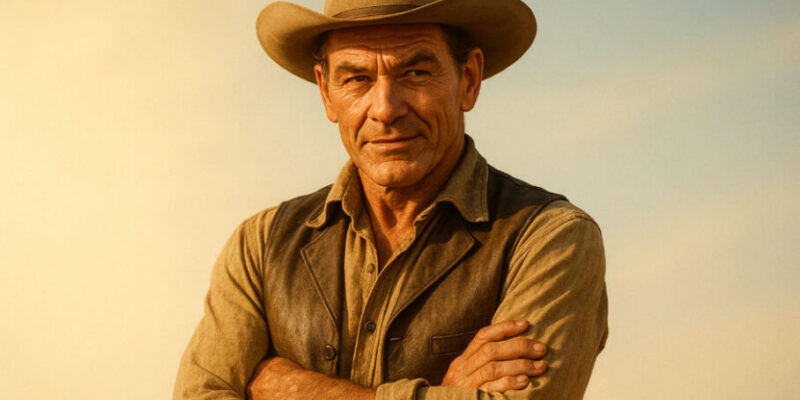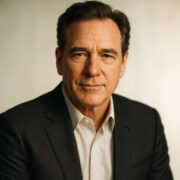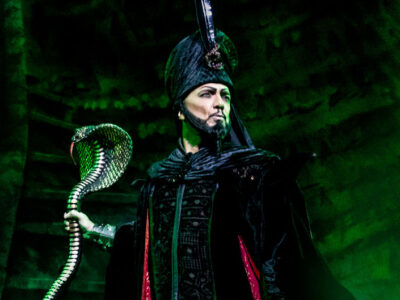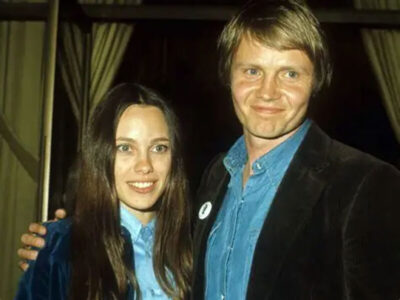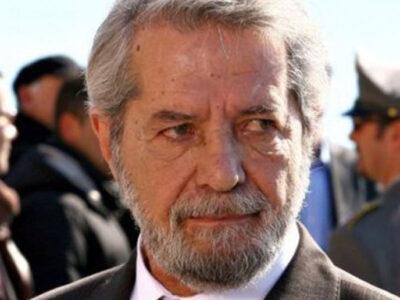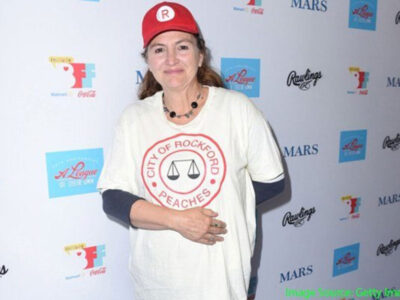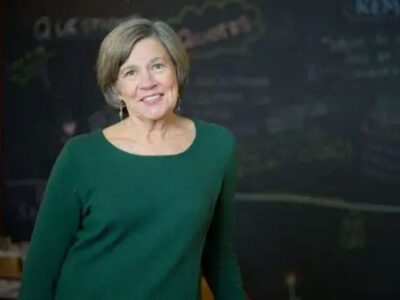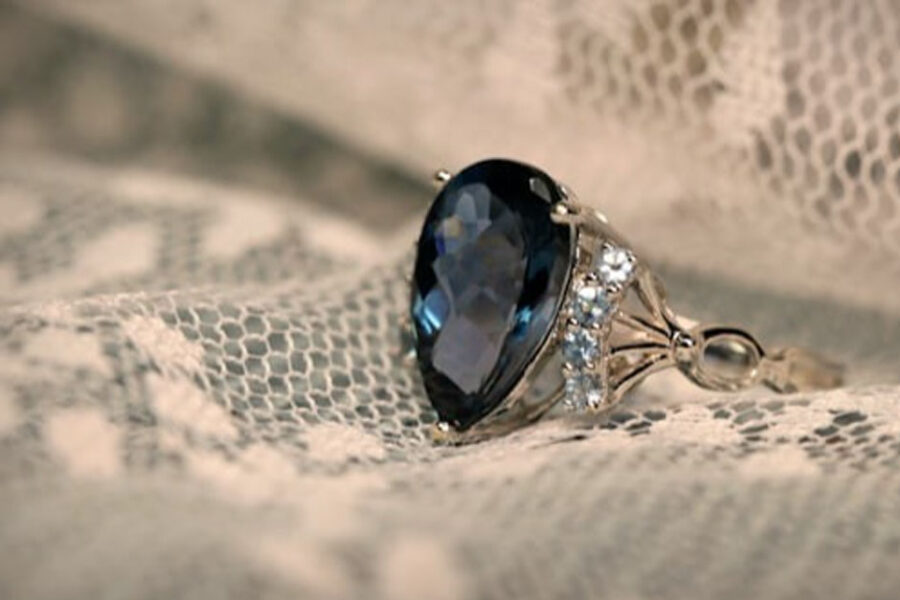Born Edward John Pate on February 26, 1920, in Drummoyne, a quiet Sydney suburb, nobody could have predicted this young man would become Hollywood’s go-to Native American chief. Yet that’s exactly what happened when Michael Pate actor made his mark on American cinema.
What made Pate special wasn’t just his acting ability. The man lived two completely different entertainment careers—one in Hollywood and another back home in Australia. Both were wildly successful.
From Sydney Suburbs to Hollywood Stardom
Growing up in Depression-era Australia shaped Michael Pate’s character in ways that would serve him throughout his career. His father, Barney Pate, worked as a horsebreaker and trainer before switching to baking. Money was tight, so young Michael learned his lessons at home from his grandmother and parents.
Those childhood Western movie marathons weren’t just entertainment for Michael. He’d dress up as cowboys and Indians for school concerts, completely absorbed in the fantasy. Who knew he was actually rehearsing for his future?
At fifteen, financial reality hit hard. Michael had to quit school and find work as a junior accountant. For several years, he crunched numbers during the day while dreaming of something bigger. That something came in 1938 when a chance meeting with an Australian Broadcasting Commission producer changed everything.
The producer saw potential in the young man and offered him a shot at radio broadcasting. Michael grabbed it with both hands.
War Service and the Path to Acting Excellence
World War II put Michael’s entertainment dreams on hold, but it gave him something equally valuable—real-world experience that would deepen his performances. He served with the Australian Army in the South West Pacific before joining “The Islanders,” a special entertainment unit.
Performing for troops in combat zones taught Michael how to connect with audiences under pressure. These weren’t polite theater crowds—these were soldiers who needed genuine entertainment to forget their troubles, even briefly.
When the war ended in 1946, Michael threw himself back into entertainment with renewed purpose. Radio dramas, theater work, and small film roles kept him busy. His big break came with “Sons of Matthew” in 1949, where he landed his first leading role.
But Michael Pate actor had bigger dreams brewing. America was calling.
Hollywood’s Favorite Western Villain
The year 1950 marked a turning point. Michael packed his bags for Hollywood to star in the film version of his own play “Bonaventure.” Universal Pictures released it as “Thunder on the Hill” in 1951, giving Michael his first taste of American moviemaking.
Then came “Hondo” in 1953. Playing Apache Chief Victorio opposite John Wayne wasn’t just another role—it was career gold. Audiences immediately recognized something special about Michael’s portrayal. He didn’t play Victorio as a simple bad guy. Instead, he brought dignity and complexity to the character.
Michael Pate actor had found his niche, and Hollywood took notice. His secret? A unique acting philosophy that turned conventional villain portrayals upside down.
“I always played my villains as if I was the hero and all the others were the villains!” he once explained. This approach created characters that audiences loved to hate—or sometimes just loved.
Television Pioneer and Character Actor Extraordinaire
While movies made Michael Pate actor famous, television made him wealthy. During his Hollywood years, he appeared in over 300 TV shows. That’s not a typo—three hundred shows across every major network.
His TV resume reads like a greatest hits of 1950s and 1960s television: “Gunsmoke,” “Perry Mason,” “Batman,” “Mission: Impossible,” “The Man from U.N.C.L.E.” If it was on TV and needed a memorable villain, producers called Michael.
One role deserves special mention. In 1954, Michael became the first actor to portray Felix Leiter (called Clarence Leiter in this version) in a live TV adaptation of “Casino Royale.” This was nearly a decade before Sean Connery made James Bond a household name.
Michael didn’t just act during his Hollywood years. He taught acting classes, wrote screenplays, and even penned episodes for shows like “Rawhide.” The man was a creative powerhouse.
The Triumphant Return to Australian Television
Success in Hollywood was sweet, but home was calling. In 1968, after nearly two decades in America, Michael Pate actor made a decision that surprised many—he returned to Australia permanently.
This wasn’t a retreat from failure. Michael was at the peak of his American success. Instead, it was a calculated move to help build Australia’s entertainment industry while staying close to family.
The decision paid off immediately. Michael won two Logie Awards for producing the variety show “Maggie” at the Seven Network. His behind-the-camera skills proved as sharp as his acting abilities.
Then came “Matlock Police.” For four years, Michael starred as Detective Senior Sergeant Vic Maddern in 192 episodes. Australian audiences embraced him completely, and he won the Penguin Award for Best Actor. Michael Pate actor had conquered two continents.
Renaissance Man of Entertainment
Calling Michael just an actor sells him short. The man was a creative force who wrote, directed, produced, and taught throughout his career. In 1970, he published “The Film Actor,” a textbook that became essential reading for aspiring performers.
His directorial work showcased different sides of his talent. “The Mango Tree” in 1977 featured his son Christopher and explored distinctly Australian themes. But his masterpiece came two years later with “Tim.”
“Tim” was special for several reasons. Michael wrote, produced, and directed this sensitive drama about an older woman’s relationship with a mentally challenged young man. The film launched Mel Gibson’s international career and earned Michael the Best Screenplay Award from the Australian Writers Guild.
Working with family became a Michael Pate actor trademark. Between 1982 and 1984, he and Christopher toured Australia in the stage production “Mass Appeal,” even performing at the Sydney Opera House.
Legacy of a Cross-Continental Career
Recognition for Michael’s contributions came from the highest levels. In 1997, the Australian government awarded him the Order of Australia Medal (OAM) for services to the performing arts. It was official acknowledgment of what fans already knew—Michael Pate actor had made a lasting impact.
His influence on Western films can’t be overstated. By bringing depth and humanity to Native American characters, Michael helped elevate what could have been stereotypical roles. He showed respect for indigenous cultures while serving the dramatic needs of the stories.
Teaching and mentoring never stopped for Michael. His bi-monthly column in “Western Clippings” magazine, which ran from 1997 until his death, preserved important entertainment history while sharing insights from Hollywood’s golden age.
Personal Life and Final Years
Behind the cameras and stage lights, Michael Pate actor was a devoted family man. His 1951 marriage to actress Felippa “Flip” Rock lasted over five decades until his death. Flip’s father, Joe Rock, was a noted film producer who won an Academy Award in 1932.
Their son Christopher followed the family tradition, becoming an accomplished actor and frequent collaborator with his father. The professional partnerships in “The Mango Tree,” “Tim,” and “Mass Appeal” showed how strong their family bonds were.
Even retirement couldn’t slow Michael down completely. After officially retiring from acting in 2001, he continued voice-over work and writing projects. He was working on a screenplay when he passed away on September 1, 2008, at Gosford Hospital in New South Wales. He was 88 years old.
Michael Pate actor left behind more than just an impressive filmography. He proved that talent, dedication, and integrity could create success across continents and cultures. His journey from Sydney accountant to Hollywood star to Australian television icon shows what’s possible when someone refuses to limit their dreams.
For aspiring actors today, Michael’s story offers hope and inspiration. Success doesn’t always follow a straight path, and sometimes the most rewarding careers combine multiple chapters in different places. Michael Pate remains proof that authentic, well-crafted performances never go out of style.
